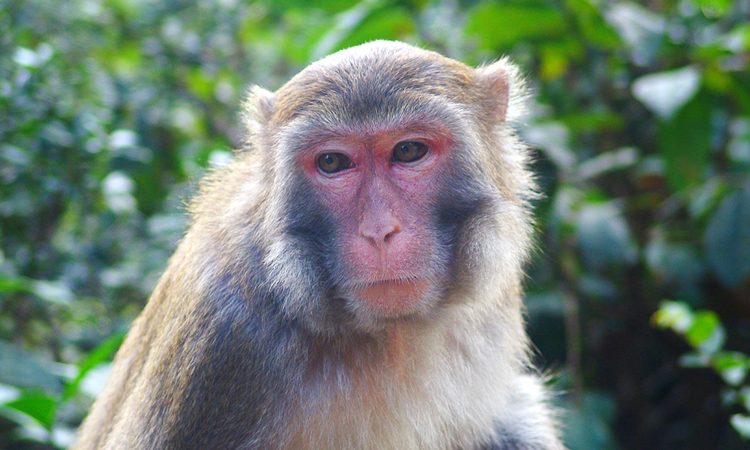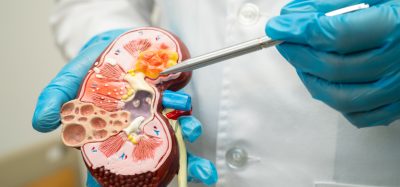Genetic mutation in monkeys identified as cause of Bardet-Biedl Syndrome
Posted: 28 October 2019 | Victoria Rees (Drug Target Review) | No comments yet
A study has revealed that in rhesus monkeys, a genetic mutation could be the cause of Bardet-Biedl Syndrome, providing a way to study the disease and develop therapies.


Researchers have discovered a genetic mutation in rhesus monkeys that leads to the rare Bardet-Biedl Syndrome (BBS). According to the team, their findings offer a promising way to develop gene and cell therapies to treat the condition in human patients.
The research was conducted at the Oregon Health & Science University (OHSU), US and offers the first known naturally occurring nonhuman primate model of the syndrome which causes vision loss, kidney dysfunction and extra fingers or toes.
…their discovery could also be used to develop treatments for other retinitis pigmentosa diseases”
Two related monkeys without cells critical for vision were discovered by the researchers. Examining their genomes, they found that both monkeys had a mutation in the BBS7 gene, one of at least 14 genes associated with BBS.
Biomarkers aren’t just supporting drug discovery – they’re driving it
FREE market report
From smarter trials to faster insights, this report unpacks the science, strategy and real-world impact behind the next generation of precision therapies.
What you’ll unlock:
- How biomarkers are guiding dose selection and early efficacy decisions in complex trials
- Why multi-omics, liquid biopsy and digital tools are redefining the discovery process
- What makes lab data regulatory-ready and why alignment matters from day one
Explore how biomarkers are shaping early drug development
Access the full report – it’s free!
The team then searched a genome database of the monkeys at the Oregon National Primate Research Center at OHSU. They identified a third monkey that had the same mutation and has severe BBS symptoms.
The group are now breeding more animals with the naturally occurring BBS7 mutation, as having more animals with the mutation can enable them to develop cell and gene therapies.
“There is no cure for BBS today but having a naturally occurring animal model for the condition could help us find one in the future,” said the paper’s corresponding author, Dr Martha Neuringer, a professor of neuroscience at the Oregon National Primate Research Center at OHSU.
The researchers say that their discovery could also be used to develop treatments for other retinitis pigmentosa diseases.
The results were published in Experimental Eye Research.
Related topics
Disease Research, Drug Targets, Genetic Analysis, Genomics, Research & Development
Related conditions
Bardet-Biedl Syndrome (BBS)
Related organisations
Oregon Health & Science University (OHSU), Oregon National Primate Research Center at OHSU
Related people
Dr Martha Neuringer








